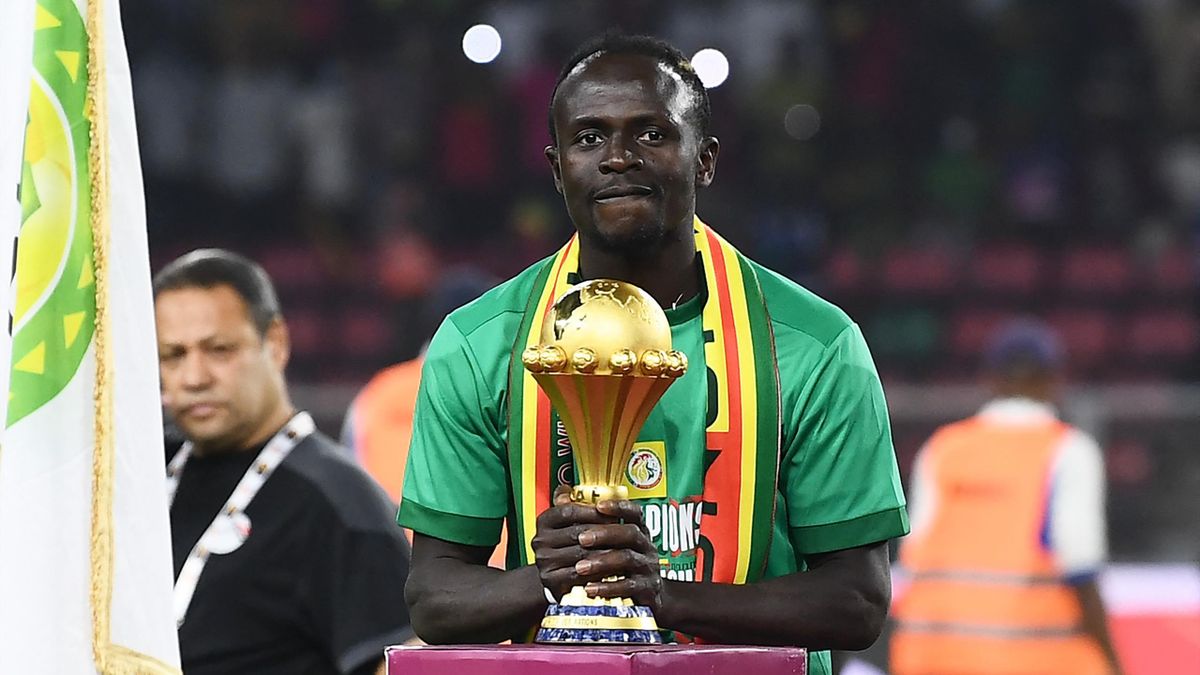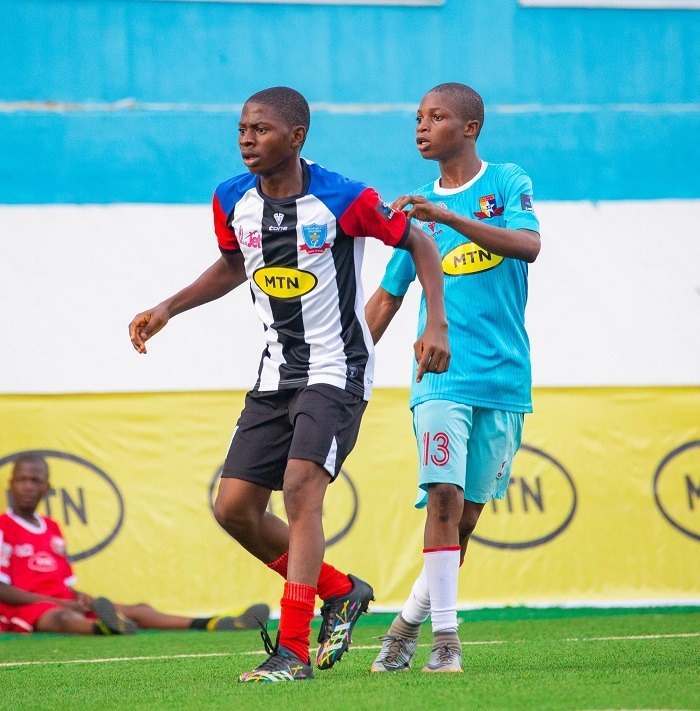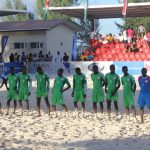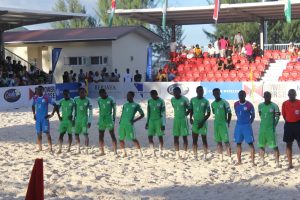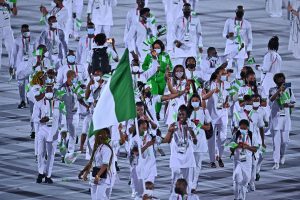
Sports development in Nigeria has been a topic of discussion for several years, with the aim of promoting sports as a means of fostering unity, improving physical fitness, and creating job opportunities for Nigerian youths. Nigeria has a rich sporting culture, and the government has made efforts to improve the development of sports in the country.
One of the key areas of focus for sports development in Nigeria is the provision of adequate facilities and infrastructure. This includes the construction and renovation of stadiums, training centers, and other sports-related facilities. The government has also invested in the development of grassroots sports programmes to identify and nurture young talents in various sports.
In addition to infrastructure development, Nigeria has also made strides in promoting sports tourism. The country has hosted several international sporting events, including the All Africa Games, the African Cup of Nations, and the FIFA U-17 World Cup. These events have helped to showcase Nigeria’s sports potential and attract visitors to the country.
Challenges
Despite these efforts, sports in Nigeria face several challenges that limit the development and growth of the industry. Some of these challenges include:
Inadequate funding
One of the major challenges of sports in Nigeria is inadequate funding. The government and private sector do not allocate enough resources to develop and sustain sports infrastructure and programmes.
Poor infrastructure
Nigeria lacks proper sports infrastructure such as stadiums, training facilities, and equipment, which limit athletes’ ability to train and perform at their best.
Poor governance
Sports in Nigeria are plagued by poor governance, corruption, and mismanagement, which lead to poor decision-making, lack of accountability, and poor development.
Lack of sponsorship and investment
There is a lack of sponsorship and investment in sports in Nigeria, which limits the opportunities for athletes and reduces the development of sports programmes.
Security challenges
The security challenges in Nigeria limit sports activities, particularly in the northern parts of the country, where there is a high level of insecurity.
Lack of awareness and interest
Despite Nigeria’s passion for sports, there is a lack of awareness and interest in some sports, which reduces their development and popularity.
Poor remuneration
Athletes in Nigeria are not well paid, which reduces their motivation and limits their ability to sustain themselves financially.
How to tackle the challenges
Addressing Nigeria’s sports challenges will require a sustained effort by the government, private sector, and stakeholders to invest in sports infrastructure. It also requires concerted efforts by all stakeholders to constantly increase funding, sponsorship, security, awareness, and improve athlete welfare.
Conclusion
Sports play significant roles in promoting national unity, social cohesion, and national identity. Sports are a unifying factor that bring people of different backgrounds together, fostering a sense of belonging and promoting a shared identity.
Nigeria has a rich sporting culture, and sports are seen as a means of promoting physical fitness, mental health, and well-being. Sports have also played a critical role in creating job opportunities, reducing crime, and promoting economic development.
Moreover, Nigeria has produced world-class athletes who have made significant contributions to global sports. These athletes have become ambassadors of the country, promoting the image of Nigeria and inspiring younger generations.
In summary, sports promote unity, social cohesion, and national identity in the country. They are also seen as a means of promoting physical fitness, creating job opportunities, reducing crime, and promoting economic development. The achievements of Nigerian athletes on the global stage have also helped to raise the country’s profile and inspire younger generations.
Please share for others to benefit.
You can leave your comments below now.



